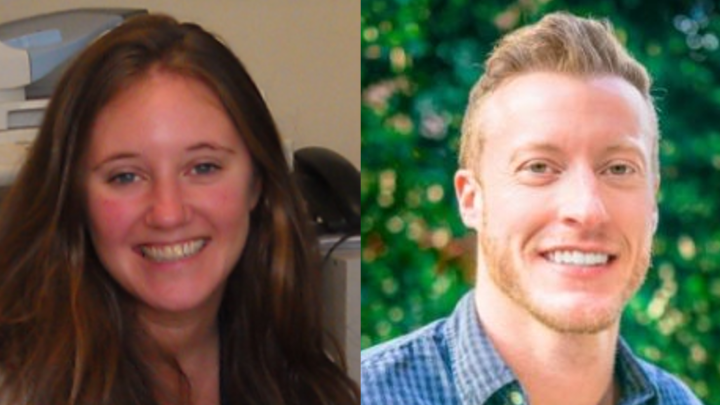SDSU HIV Researchers Initiate Novel HIV Self-Testing Intervention

HIV/AIDS was first identified in the United States in 1981 and after fifteen long years into the national HIV/AIDS epidemic, the number of incident HIV cases began to decline. Much progress has been made since 1981 both in treating AIDS and preventing the spread of HIV, such as pre-exposure prophylaxis (PrEP); however, there is still neither a ‘cure’ for AIDS nor a vaccine for HIV, leaving prevention and early treatment as particularly important public health strategies. For those living with HIV, delayed treatment can allow HIV to develop into AIDS; if ongoing treatment is interrupted, HIV can become drug resistant and more difficult to treat. This makes prevention and early treatment central components of an initiative to end the HIV epidemic in the United States by 2030, with special focus on people in underserved and underrepresented groups that remain disproportionately affected by HIV, including people who inject drugs.
Local harm reduction services such as syringe services programs (SSPs) already exist and regularly distribute clean needles to reduce the risk of blood-borne illness transmission as well as naloxone to reduce the risk of overdose among other services. There are also strong communities among people who inject drugs who also use SSPs, many of whom gather extra supplies from SSPs to share with their sexual contacts and other people who inject drugs in their social networks. To help address the ongoing HIV epidemic among people who inject drugs in Riverside, California, a group of researchers including Dr. Heather Pines and Dr. Erik Storholm from San Diego State University among others from University of California San Diego, University of California Riverside, and Inland Empire Harm Reduction (IEHR) SSP teamed up to develop a novel intervention strategy: Train volunteers (called “Prevention Ambassadors”) who are already distributing harm reduction resources within their social circles and provide them with HIV self-tests and information on local HIV services to include in their distribution. The group was awarded approximately $710,000 in grant funding from the National Institute on Drug Abuse to pilot this compelling proposal.
These researchers aim to evaluate three main questions. First, will the work of the Prevention Ambassadors make a significant difference in the HIV testing practices and engagement with other HIV prevention services of the people they reach? Second, will the characteristics of the Prevention Ambassadors or of their social networks change the impact they can have? Third, how can this intervention be improved moving forward so that Prevention Ambassadors can have the most positive impact on their communities? The geographic demographics of people who inject drugs in Riverside is both large and diverse including rural, suburban, urban, and tribal areas. Given this diversity, if the researchers’ results find that this method of intervention is successful, it could readily be adapted and applied to SSPs nationwide.

